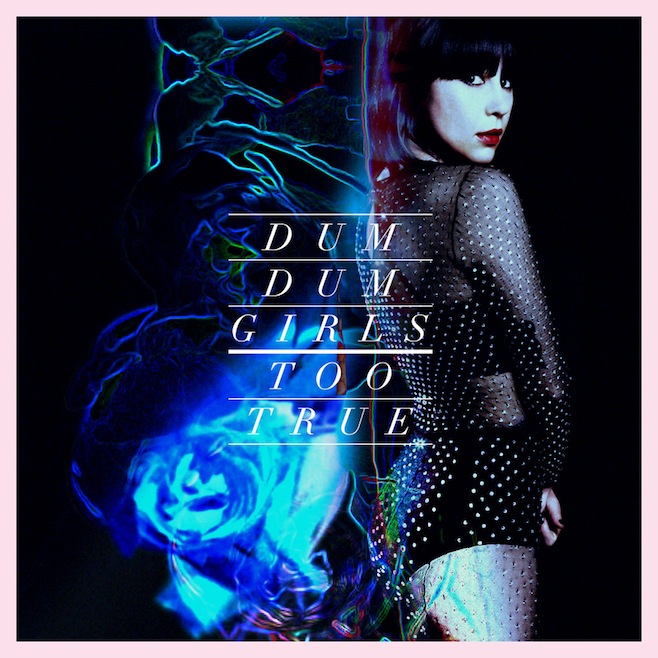
here is the NFO file from Indietorrents
Artist: Dum Dum Girls
Album: Too True (2014, Sub Pop)
Label:
Year: 2014
Genre: Indie
RIAA Radar Status: SAFE
Encoder:
Sample Rate: 44.1 kHz
Codec:
Avg Bit Rate: 320 kbps
Posted by: smallpaul
Description / Review:
————————
Track Listing
—————-
[01/10] Cult of Love (2:14)
[02/10] Evil Blooms (2:35)
[03/10] Rimbaud Eyes (3:30)
[04/10] Are You Okay? (2:50)
[05/10] Too True to Be Good (3:04)
[06/10] In the Wake of You (2:40)
[07/10] Lost Boys and Girls Club (3:24)
[08/10] Little Minx (2:29)
[09/10] Under These Hands (3:29)
[10/10] Trouble Is My Name (4:01)
Total playing time: 30:16
Generated: Monday, January 27, 2014 7:55:11 AM
Created with: #indie.torrents NFO Generator (Mac) v2.3b1
Album info
consequenceofsound wrote:
To paraphrase French author Paul Valery, all literature is written in common sense, except for that of Arthur Rimbaud. The decadent French poet — irreverent, morally loose — developed works that eventually became the cornerstone for surrealism and Dadaism. Rimbaud flourished in the 19th century, but his legacy lurks where abandon, curiosity, and fervor merge within art.
This intersection leads us directly to the smoky goth pop outfit Dum Dum Girls. The Los Angeles-bred quartet, led by principal songwriter Dee Dee Penny, has consistently produced swoon-and-gloom-tinged jams. But even when she’s singing salty farewell ballads, Penny’s voice warbles with sweetness, no matter how blackened the goodbye. Dum Dum Girls’ lovely debut, I Will Be, wooed with jittery love songs back in 2010, and the next year’s Only in Dreams found Penny’s then-solo project billowing into a full dream pop outfit.
The group’s third studio record, Too True, finds Penny sharpening her approach to songwriting and probing the concept of abandon into aesthetic. Specifically, she draws from two key periods that celebrated abandon within art — 19th century French poetry and the clang-and-clamor synth revolution that sprawled into dream pop, industrial sounds, and goth iconography in the 1980s — in order to craft a new vision for herself and her band. Dee Dee Penny wears her heart on one sleeve and her influences on the other, and Too True is translucent with both.
In an open letter via her label Sub Pop, Penny outlines how “time, intention, and fervor” drove her to develop Too True. Enlisting the production capabilities of seasoned songwriter Richard Gottehrer (who penned none other than “I Want Candy”) and The Raveonettes’ Sune Rose Wagner, Too True is rooted in the careful interplay of human and machine, synthesizer and delay pedal, vocals and echoes. The influence is apparent on the shimmying “Rimbaud Eyes”, invoking a muse through dark rhythms. Pop music has the potential for both blackness and bubblegum, and Penny aims to extract every one of its ominous capabilities.
